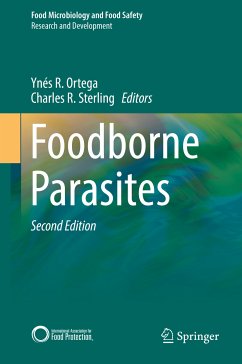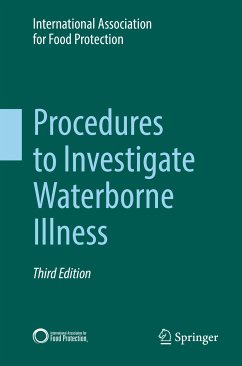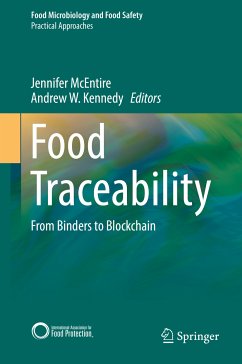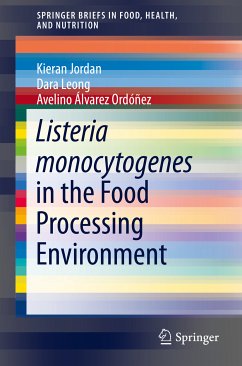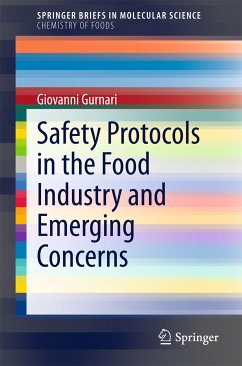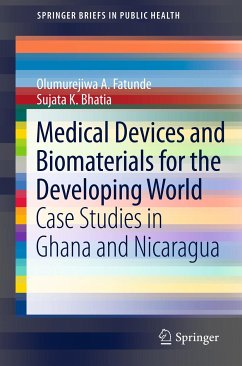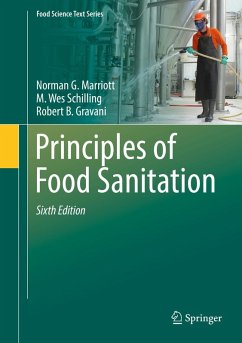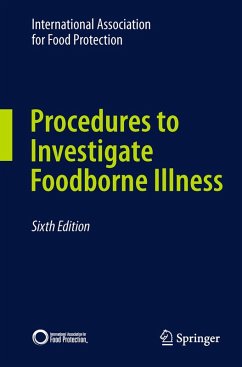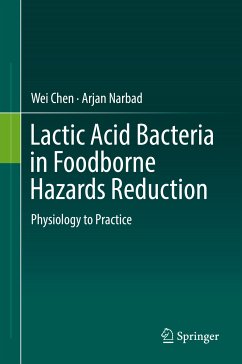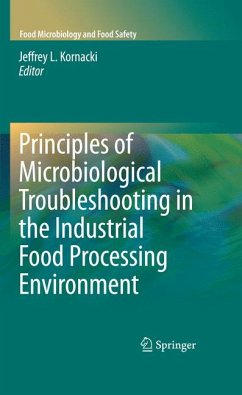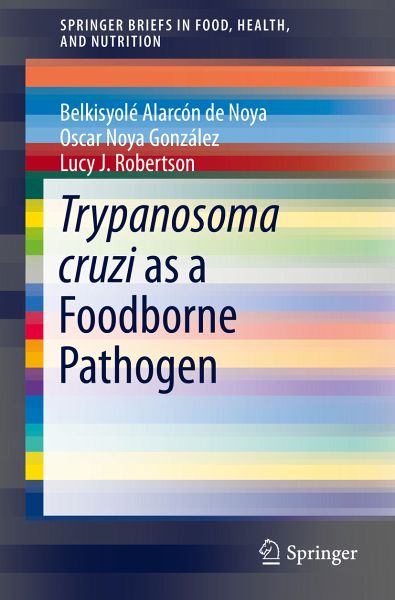
Trypanosoma cruzi as a Foodborne Pathogen (eBook, PDF)
Versandkostenfrei!
Sofort per Download lieferbar
40,95 €
inkl. MwSt.
Weitere Ausgaben:

PAYBACK Punkte
20 °P sammeln!
This Brief provides a comprehensive overview of Trypanosoma cruzi, a parasite that is traditionally considered as exclusively vectorborne, but can be foodborne, and may lead to outbreaks of Chagas disease in consumers. The characteristics of Trypanosoma cruzi and the clinical effects of the disease are covered, including documented outbreaks, regional patterns, and epidemiology. The various transmission routes are outlined, but with specific focus on foodborne transmission. A major emphasis of this text is contamination of fruit juices with Trypanosoma cruzi in, a transmission vehicle with inc...
This Brief provides a comprehensive overview of Trypanosoma cruzi, a parasite that is traditionally considered as exclusively vectorborne, but can be foodborne, and may lead to outbreaks of Chagas disease in consumers. The characteristics of Trypanosoma cruzi and the clinical effects of the disease are covered, including documented outbreaks, regional patterns, and epidemiology. The various transmission routes are outlined, but with specific focus on foodborne transmission. A major emphasis of this text is contamination of fruit juices with Trypanosoma cruzi in, a transmission vehicle with increasing significance in the spread of this parasite. Also outlined is the difficulty of establishing a protocol for detection in food samples. Results on survival of Trypanosoma cruzi in food matrices is considered, as well as current risk assessment procedures and regulations. Different approaches to preventing transmission, including inactivation and decontamination are introduced, but also the importance of targeted educational initiatives, and also with a focus on future detection, prevention, and prevention of contamination of foods with this parasite.
Dieser Download kann aus rechtlichen Gründen nur mit Rechnungsadresse in A, B, BG, CY, CZ, D, DK, EW, E, FIN, F, GR, HR, H, IRL, I, LT, L, LR, M, NL, PL, P, R, S, SLO, SK ausgeliefert werden.



